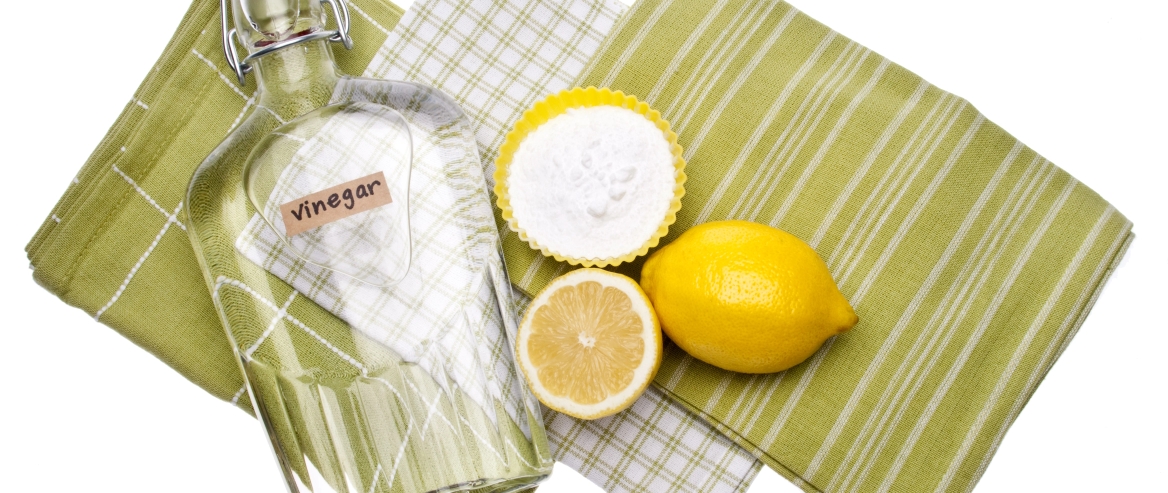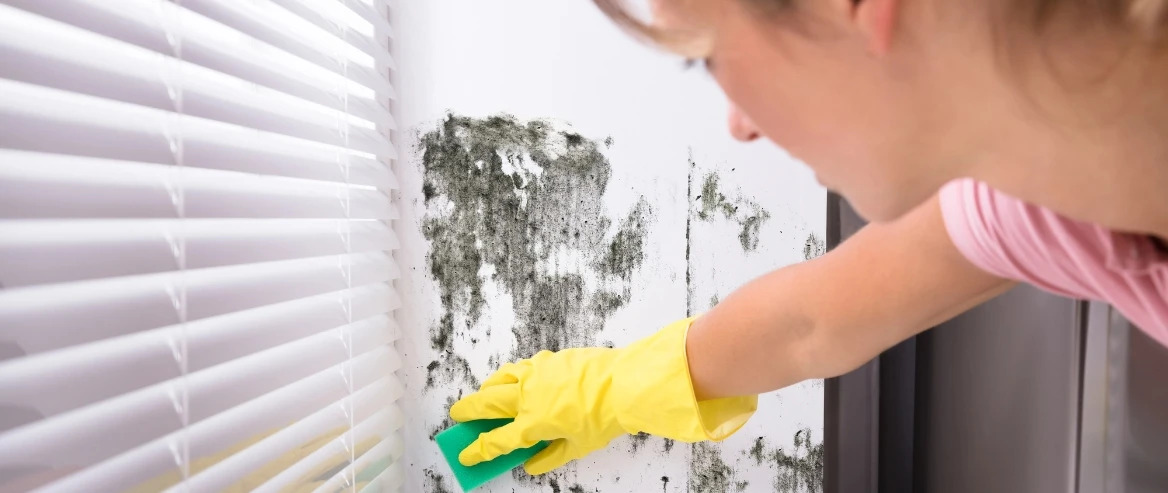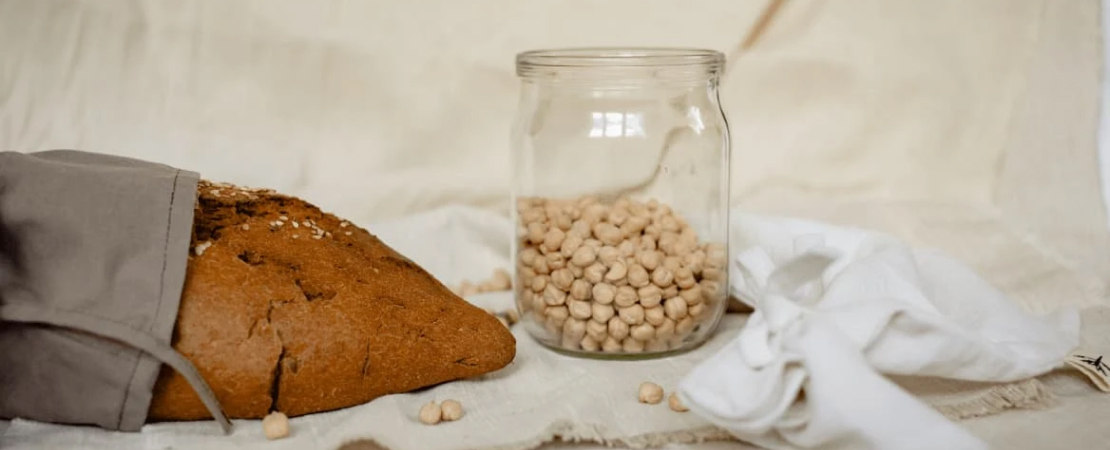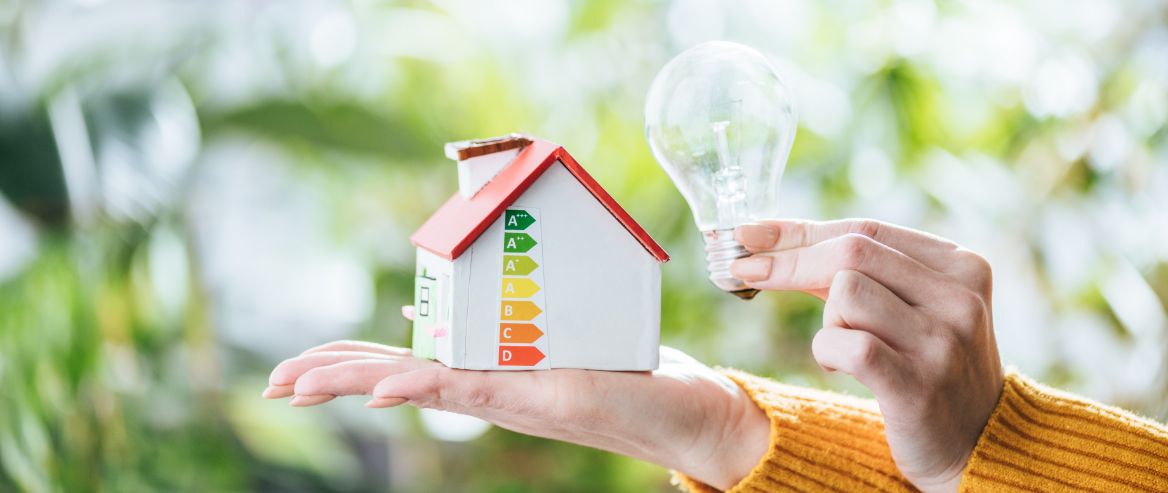Creating A Sustainable Household: 5 Eco-Friendly Tips and Tricks
Published on May 15, 2023

The need for us to build sustainable homes is greater than ever before.
Going green isn’t as challenging or expensive as you may believe and in the long run, you may even be able to save some money.
In this blog post, we'll explore the following:
With a little careful planning and dedication, you can create a home that benefits both the environment and your wallet. So, let’s go!
Easy Ways to Reduce Waste and Live More Sustainably in Your Home
Reducing waste and living more sustainably can save you money and minimise your environmental footprint.
Simple changes in your daily routine can significantly reduce the amount of waste produced by your household, save resources, and help you live a more sustainable lifestyle.
These 5 practical tips are easy to implement and will make you feel a little greener in your life.
1). Reduce Your Energy Consumption

Creating a sustainable household is essential to reducing your environmental impact and can be achieved through various methods:
1. Look for the Energy Star label
Energy-efficient appliances are designed to use less energy without sacrificing performance. Look for appliances with an Energy Star label when shopping to ensure they meet federal guidelines for energy efficiency.
2. Install a smart home system
Another way to reduce energy consumption is to replace traditional incandescent light bulbs with LED bulbs, which use significantly less energy and last longer.
A smart home system is a great option. It allows you to control and manage your electrical devices, including utilities, lighting, and thermostats, from your mobile device. You can turn off devices when not in use and adjust your thermostat when you're away, reducing your energy consumption and bills.
3. Invest in solar power
Consider investing in solar power. Solar is a renewable energy source that can reduce your reliance on traditional energy sources and lower your carbon footprint. Check with your utility provider to see if they offer green energy options.
2). Reducing and Recycling Waste

1. Compost organic waste
One of the best ways to reduce waste in your home is by composting. Composting involves breaking down certain organic materials, such as food scraps, into a nutrient-rich substance that can be used to fertilise your garden.
This helps to reduce the amount of waste that ends up in landfills and is a great way to recycle materials that would otherwise go to waste.
2. Change to reusable shopping bags and food storage
Using reusable shopping bags and storage containers is another option for reducing rubbish produced at home. You can help the environment by storing food in reusable containers, refilling your water bottle, and bringing your own bags to the supermarket.
3. Sort your rubbish
Reducing, reusing, and recycling should always be prioritised when it comes to disposing of waste and rubbish. All you need to do is sort your rubbish into recyclable and non-recyclable categories.

RECOMMENDED READING
5 Easy Eco-Friendly Cleaning Ideas3). Conserving Water

Despite being one of the most valuable resources on earth, water is often taken for granted. The rising demand for water causes water shortages and droughts.
1. Fix leaks in the house
Fixing leaks is one of the simplest methods to save water in your house. A single faulty faucet can waste more than 10,000 litres per year, meaning your water bill could increase significantly!
Fixing leaks could also help to prevent mould growth in your home as the moisture it creates can be a source of mould infestation.

RECOMMENDED READING
The 6 Worst Mould Hotspots in Your Home
2. Install shower heads and toilets with a low flow rate
Installing showerheads and toilets with low-flow rates is also another way to conserve water. These fixtures consume substantially less water than typical fixtures, resulting in substantial water bill savings.
4). Reduce Plastic Use

Plastic pollution is a world issue. Research shows that only 9% of 300 million tons of plastic are recycled annually.
The leftover plastic harms wildlife and ecosystems in landfills, oceans, and other natural habitats. Reducing plastic use is important to reducing plastic pollution and living more sustainably.
1. Swap plastic with reusable
Avoiding plastic bags, straws, and water bottles is one of the best ways to limit plastic use. Using canvas bags, metal straws, and refillable water jugs instead can greatly reduce household and individual plastic waste.
2. Choose products with sustainable packaging
Choose products without plastic packaging to limit plastic use. Plastic packaging on many goods ends up in the trash. Choose items with minimal packaging or sustainable paper or cardboard packaging.
Buying in bulk can also reduce packing materials.

RECOMMENDED READING
6 Simple Kitchen Swaps for A More Sustainable Home5). Choose Sustainable Products

Selecting environmentally friendly goods is easy and effective. Sustainable products are made using eco-friendly and ethical ways. They lessen waste, pollution, and natural resource use.
1. Consider the lifespan and manufacturing process of products
Consider materials, production, and lifespan when picking sustainable products. Choose bamboo, organic cotton, and recycled plastic goods. Consider the manufacturing process: low-energy and low-emissions produce more sustainable products.
2. Support sustainable companies
Sustainable products benefit society. Supporting sustainable companies creates the desire for sustainable products and practices. This can support sustainable development and protect future natural resources. Next time you shop, make a sustainable choice to reduce your environmental impact.
Creating A Sustainable Household FAQs
How can I get my family involved in creating a sustainable household?
Getting your family involved in creating a sustainable household is important to ensure that everyone is on board and committed to making positive changes. You can start by educating your family about the importance of sustainability and how their actions impact the environment.
Many schools are already including sustainability in their teachings – our children are much more aware of protecting the environment than we ever were at their age.
You can also encourage your family to participate in eco-friendly activities like recycling, gardening, and conserving water.
Is it difficult to live sustainably?
Living sustainably may require some effort, but it's not necessarily difficult. Simple steps like reducing energy consumption, using reusable products, and choosing sustainable materials can make a significant difference. Being sustainable can even save you money in the long run. So, while it may require some adjustments, it's definitely worth it for both you and the planet.
How can I reduce food waste?
Reduce food waste by planning meals and making a shopping list, storing food properly, using up leftovers, composting scraps, and donating excess food to a food bank or shelter. These simple steps can help create a more sustainable household.
What is renewable energy?
Renewable energy is derived from naturally replenishing resources like sunlight, wind, water, and geothermal heat. Unlike finite fossil fuels, renewable sources are sustainable and can be used indefinitely without depleting the earth's resources. Examples of renewable energy technologies include solar panels, wind turbines, hydroelectric dams, and geothermal power plants.
How to sustainably clean my home?
To sustainably clean your home, use natural cleaning products, reduce paper waste, choose eco-friendly cleaning tools, save energy, and properly dispose of hazardous waste. By following these tips, you can keep your living space clean while also reducing your environmental impact.
Final Thoughts
Creating a sustainable household is an ongoing process, but it's worth it. Every little bit counts, and it all adds up to a big difference in the long run.
Remember, sustainable living is not only about making changes in your home; it is also about being mindful of your choices and actions and how they impact the environment.
Choose Electrodry for Professional Cleaning Services in Your Home

Electrodry is Australia's most trusted and reliable carpet and home cleaning service. We are a family-owned business and have been around since 1983. Electrodry's exclusive cleaning systems, innovative cleaning products and expert technicians ensure that we always provide the highest possible level of service to our clients.
Please call Electrodry today on 13 27 13 or make a booking online.
Featured Electrodry Carpet Cleaning Locations
